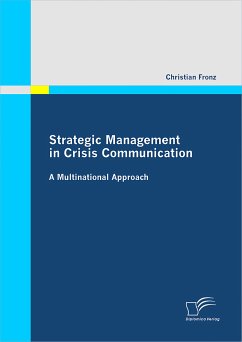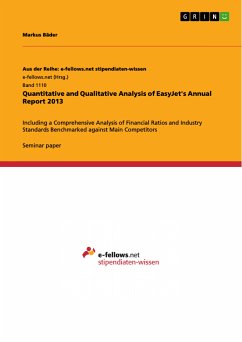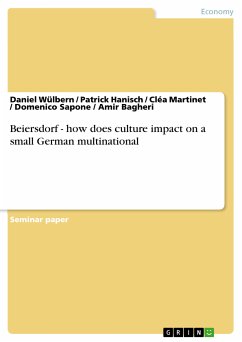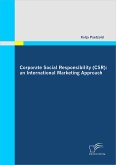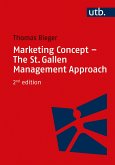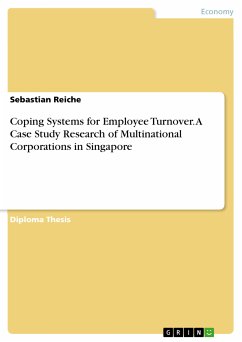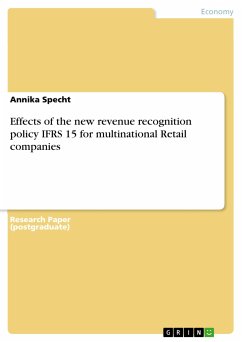A corporate crisis situation is an integral part of a company's life cycle. On average, the probability that corporate manager will experience a corporate crisis situation within five years is almost as high as 82%. Multinational companies in particular face a higher potential because of their various external environments, extended media and respectively public interest in their actions, and consequently their dependence on different public opinions as well as the much wider impacts because of their publics' spread. Well planned and organisationally integrated multinational crisis communication is a key success factor in a crisis situation. Yet existing models and frameworks in crisis communication are rather tactically than strategically oriented, lack in of the depth of the guidance they provide, and present limitations in their scope of application. In addition, publications on crisis communication provided by experts with practical experience mainly deal with a wide field of case studies and neglect scientific applications; a holistic view on strategic multinational crisis communication is weak. The dissertation examines the nature of strategic multinational crisis communication and identifies their general organisational integration and coherences with corporate functions within a multinational environment. By following a theoretical analysis approach, deficiencies and weaknesses of existing crisis communication theories and the underlying literature will be identified. This is accomplished through constant comparison of these science-based bodies of data with current needs and requirements coming from practice (practice body of data) in multinational crisis communication. These results build the foundation for a new practice-related and scientifically supported theory in long term planned crisis communication for multinational companies. By reducing complexity through arranging and organising complexity, the first generation of a new strategic multinational crisis communication model will be developed based on the system-oriented approach. In the new theory, multinational companies will effectively and efficiently plan and organise those identified dimensions that are critical for successful multinational crisis communication; in order to protect existing values and create new values.
Dieser Download kann aus rechtlichen Gründen nur mit Rechnungsadresse in A, B, BG, CY, CZ, D, DK, EW, E, FIN, F, GR, HR, H, IRL, I, LT, L, LR, M, NL, PL, P, R, S, SLO, SK ausgeliefert werden.

